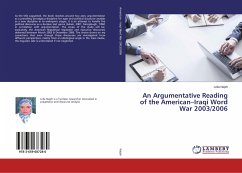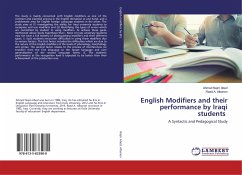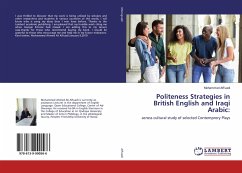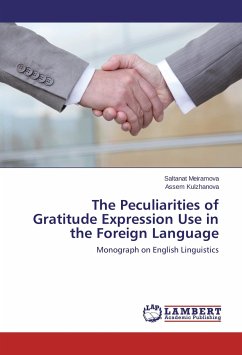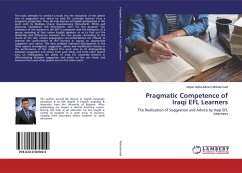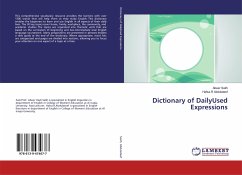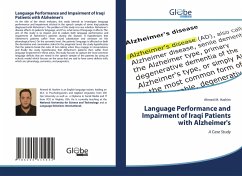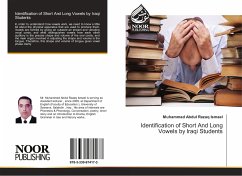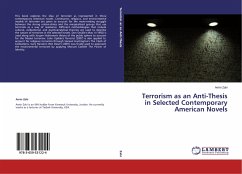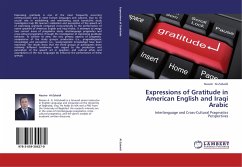
Expressions of Gratitude in American English and Iraqi Arabic
Interlanguage and Cross-Cultural Pragmatics Perspectives
Versandkostenfrei!
Versandfertig in 6-10 Tagen
52,99 €
inkl. MwSt.

PAYBACK Punkte
26 °P sammeln!
Expressing gratitude is one of the most frequently occurring communicative acts in most human languages and cultures. Due to its crucial role in establishing and maintaining social bonds,this study investigates Iraqi EFL learners' realization and perception of the speech act of expressing gratitude compared cross-culturally to the performance of native speakers of American English and Iraqi Arabic. It attempts to merge two current areas of pragmatics study- interlanguage pragmatics and cross-cultural pragmatics- through the investigation of expressing gratitude behavior. To achieve its aims, t...
Expressing gratitude is one of the most frequently occurring communicative acts in most human languages and cultures. Due to its crucial role in establishing and maintaining social bonds,this study investigates Iraqi EFL learners' realization and perception of the speech act of expressing gratitude compared cross-culturally to the performance of native speakers of American English and Iraqi Arabic. It attempts to merge two current areas of pragmatics study- interlanguage pragmatics and cross-cultural pragmatics- through the investigation of expressing gratitude behavior. To achieve its aims, the two primary aspects of pragmatic competence of the study groups: production (i.e., pragmalinguistic knowledge) and perception (i.e., sociopragmatic knowledge) have been examined. The results show that the three groups of participants show relatively different tendencies with regard to the production and perception of the speech act in question, and cultural ethos and assumptions of the two languages do influence the performance of these groups.



